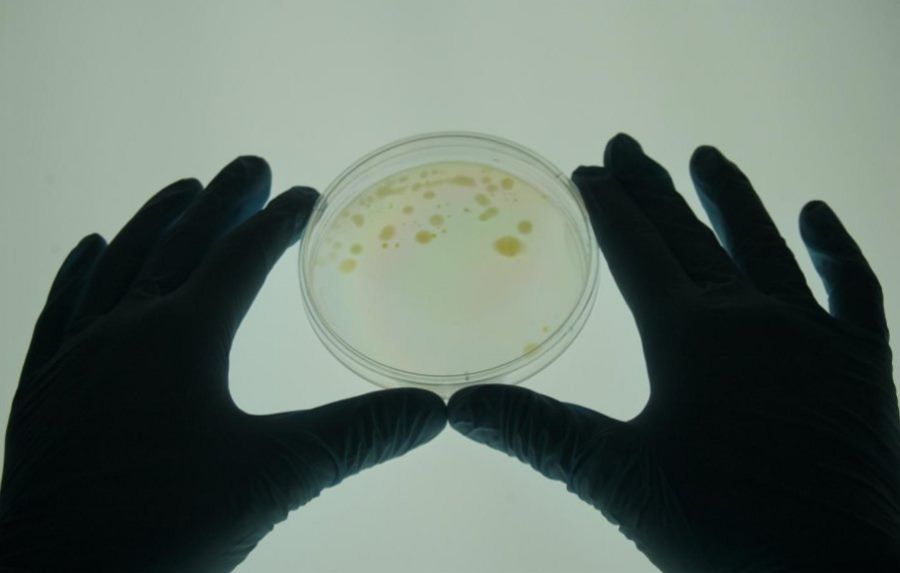Scientists call for a new “Noah’s Ark” for microbes
A team of Rutgers University researchers has called for the creation of a global microbial vault. Such a repository, which researchers have dubbed “Noah’s Ark,” would store microbes that have lived with us for thousands of years and help keep us healthy.
Scientists warn that humanity is facing a health crisis, as many beneficial microbesow inhabiting human bodies are being killed by antibiotics or processed foods. This has consequently contributed to a huge loss of romicrobial diversity.
Disease rates have jumped significantly in recent decadesob, such as diabetes, asthma and allergies. Many researchers have suggested that losses in our microflora may play a large role in this. Scientific evidence increasingly points to disruption of the microbiome early in life and resulting metabolic abnormalities during development.
The human microbiome contains trillions of microscopic organismsow, whichore live inside and on our bodies. Contributing to our health on many roThe researchers have found a number of waysow. Someore of them help digest food, others fight pathogens, others strengthen the immune system.
Scientists whooers presented their proposal in the pages of the journal „Science”, poreothey presented theiroj idea to the Global Seed Bank on Spitsbergen, the world’s largest collection of seeds rohebrok crops created for natural or man-made disasters.
– We are facing a growing global health crisis, whichory demands that we capture and preserve the roThe diversity of human microflora, dopoki still exist,” said Maria Gloria Dominguez-Bello, cooauthor of the appeal. – These microorganisms evolved wspoln common with humans for hundreds of thousands of years. In just a few generations, we have seen a staggering loss of romicrobial diversity associated with the worldwide increase in immunity and other disorders – she added.
According to Dominguez-Bello and other authors of theoin appeal, in the event of a major global health crisis, it will be possible to prevent diseases by reintroducing lost microbialow. However, the researchers stress that microorganisms from remote populations in Latin America and Africa, where there is the greatest roof microflora diversity before they roalso suffer the effects ofoin urbanization.
People living in industrialized countries have lost much of their roThe diversity of microflora. For example, the intestinal flora of most Americansow, is now half as poor as the microbiome belonging to hunter-gatherer cultures in isolated villages in the Amazon.
However, to collect, study and properly store the microorganismsow global repository, international action is needed, including significant funding.
